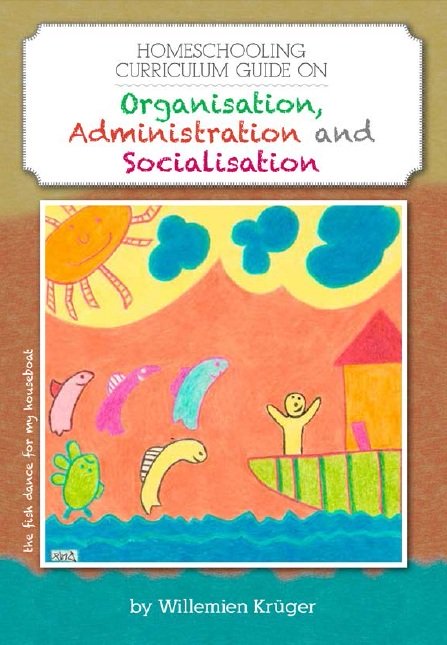Homeschool Socialization
Research carried out on homeschooling found that most homeschooled children are socially adept, possess a positive self-image, are active in areas requiring leadership skills, and are usually more mature.
Of the most commonly asked questions about homeschooling, there is one that is almost always asked:
"But what about socialization?"
But what is the question really?
To most non-homeschoolers the socialization question is actually:
“What about regular exposure to peers of the same age and grade?”
When you force them to stop and think about it deeper, even they will realize the foolishness of the question.
In which places other than school does a person need to interact only with people his/her own age?
Nowhere is a person required to be friends only with his/her own age or socially limited network. In the real world, there will be work to be done within teams consisting of a whole lot of different personalities, with different backgrounds and ages.
If people think that homeschoolers are isolating their children from the world, just point them to the isolation of school and how totally ‘unreal’ the school setup is compared to the real world out there.
Homeschoolers tend to be actively involved in community, including their children with them, interacting with the actual, real world.
So what should be the real question then?
If socialization is defined as:
“The process of instilling social skills necessary for relating effectively to other people.”
...then one should be willing to agree that a healthy home is the more appropriate environment to learn social skills compared to a school environment.
In most research studies done anywhere in the world, public schools DO NOT deliver mature adults knowing how to relate to other people with the proper respect, self-esteem and communication skills required.
Dr Gordon Neufeld (Neufeld institute, Canada) actually states that there is a problem in society caused by schools, where children are NOT socialized effectively to integrate into society.
He states that " Home education is the hope for socialization." It is really very logical that a healthy home will have better results since children learn from models, and in healthy homes, mature adults model effective communication and relationship skills.
In schools the models are mainly other 'foolish', immature, selfish children. In a healthy home, social skills are constantly and consistently modelled, trained and corrected.
Socialization as an identity issue
Schools are designed to run as a system, with all its system constraints and restrictions built into it with the objective of producing ‘the same product’.
This implies that children are required to conform and to become alike.
There is little room for individuality and uniqueness.
Performance within the system is rewarded, not personality, neither potential. That is why some perform well and some not.
Either way, you are not developing a true identity of yourself. You are only developing an image of yourself dependent on the system you are in.
How many children learn to adapt and become somebody they are not, in order to ‘fit in’?
This happens from very young, even in primary school. During high school this ‘fitting in’ objective is even more important, as the result of the well-known peer pressure experienced by all young adults in the world.
The irony of this is, even when you ‘fit into’ the social order in school, you may always still feel ‘out’, as you have not established your own identity but have only adapted to the school’s image of successful children.
Often the school’s definition of success is not the same as the world’s definition of success (think of Bill Gates), therefore you have to adjust again later in life, in trying to find yourself.
How many people are still struggling with insecurity issues as an adult, when they should be helping other people overcome their insecurity issues?
I believe that socialization is a critical issue in society. As homeschoolers we can make a difference in modelling not only positive, but influential social skills stemming from a positive understanding of your own identity in God.
Socialization is therefore an issue that requires more than just the casual glance or shallow thinking it is usually associated with.
We must think about this more carefully and encourage our children as well. Let us as homeschoolers be the examples of people who really value and model good socialization skills, causing people to feel respected and valued.
Let us with our example show the world what socialization is really about.
Get the
Homeschooling Guide on Organisation, Administration and Socialisation
FREE for more information!
Back to Homeschooling Curriculum Guide Home Page
